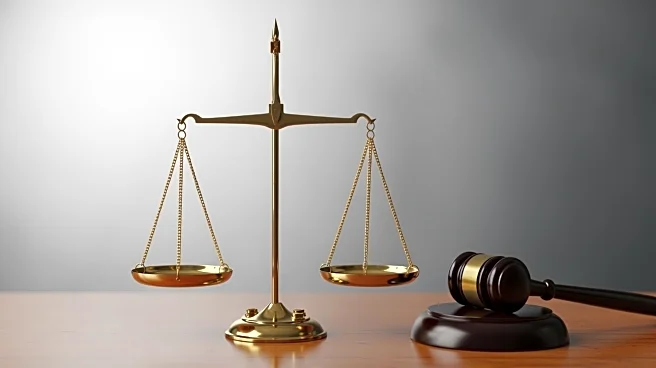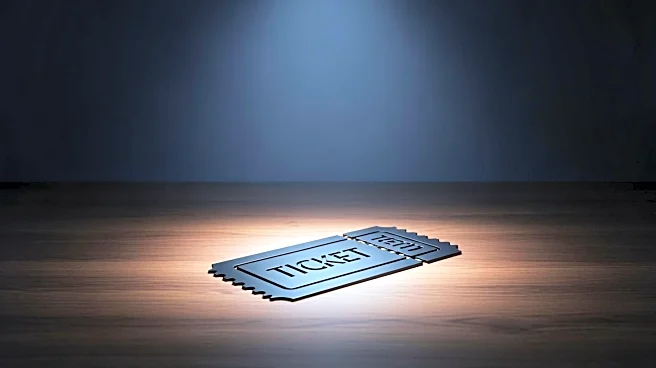What's Happening?
The U.S. Supreme Court has agreed to hear a case concerning the application of judicial estoppel in bankruptcy proceedings. The case involves Thomas Keathley and Buddy Ayers Construction Inc., with the U.S. Court of Appeals
for the Fifth Circuit previously ruling that Keathley could not pursue a lawsuit he failed to disclose during his bankruptcy. The doctrine of judicial estoppel is intended to prevent parties from gaining an unfair advantage in litigation by taking inconsistent positions. The Supreme Court's decision to hear this case could clarify the extent to which this doctrine can be applied in bankruptcy cases, potentially affecting how civil claims are handled when individuals or entities undergo bankruptcy.
Why It's Important?
The Supreme Court's decision in this case could have significant implications for bankruptcy law and litigation practices in the U.S. If the court upholds the application of judicial estoppel, it may deter individuals from concealing claims during bankruptcy proceedings, thereby promoting transparency and fairness. Conversely, if the court limits the doctrine's application, it could provide more flexibility for individuals to pursue claims post-bankruptcy. This decision will be closely watched by legal professionals and businesses, as it could influence strategies in bankruptcy filings and subsequent litigation.









